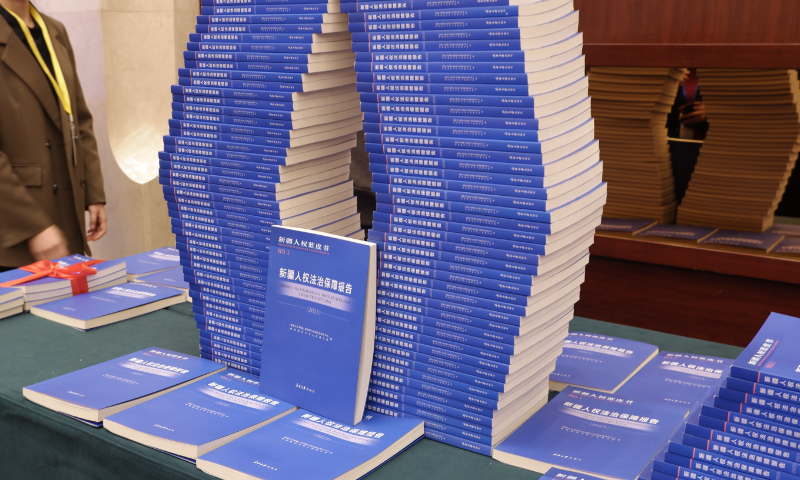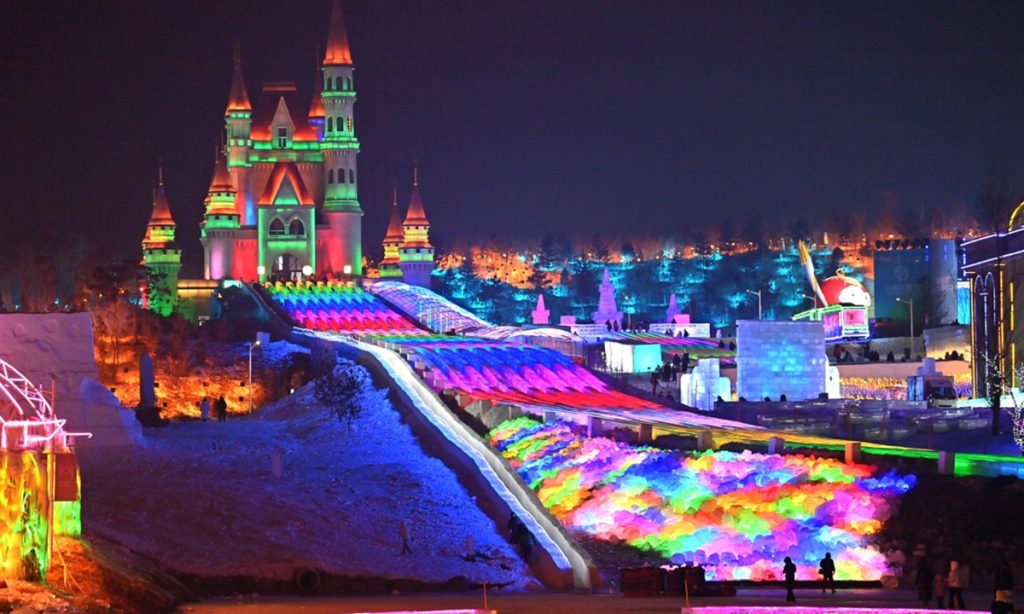China allocates 200 million yuan in disaster relief funds after earthquake in northwest China's Gansu

The Ministry of Finance and the Ministry of Emergency Management on Tuesday have urgently allocated 200 million yuan ($28 million) in disaster relief funds to northwest China’s Gansu and Qinghai provinces. This funding will support local earthquake relief efforts and ensure the safety of people's lives and property, minimizing the impact and losses caused by the disaster, China Media Group (CMG) reported.
China is stepping up rescue and relief efforts to ensure the safety of people's lives and property after a 6.2-magnitude earthquake shook Jishishan County in northwest China's Gansu Province at midnight Monday.
The State Council has sent a working group to the stricken regions to help guide relief work. Gansu and Qinghai provinces have organized relief support with immediate allocation of relief supplies such as camps and folding beds to impacted areas.
Relief supplies were immediately redeployed from nearby areas, with supplies gradually arriving to impacted communities, China’s National Development and Reform Commission (NDRC) told a press conference on Tuesday.
The NDRC has activated emergency response mechanism to ensure energy, electricity, and essential supplies. Efforts are being made to repair damaged power facilities and provide emergency power supply. Food and material reserves are being allocated for disaster relief, a spokesperson from the NDRC said.
The first shipment of 46,100 emergency relief supplies from central and provincial level have been dispatched to the disaster-stricken areas, including cotton tents, quilts, mattresses, folding beds, cotton shoes, and stoves, according to Gansu provincial grain and material reserve bureau. The bureau has also obtained 15 tons of flour for emergency supply in Jishishan.
The State Council's earthquake relief headquarters and the Ministry of Emergency Management have upgraded the national earthquake emergency response to Level II.
At present, the earthquake has led 105 deaths in Gansu and 11 deaths in Qinghai, with damaging basic infrastructure such as water, electricity, transportation, and communications, Xinhua News Agency reported.
Rescue and relief efforts are progressing in an orderly manner, including hazard inspections, evacuation and resettlement of residents, and repair of damaged facilities, China Media Group reported.



